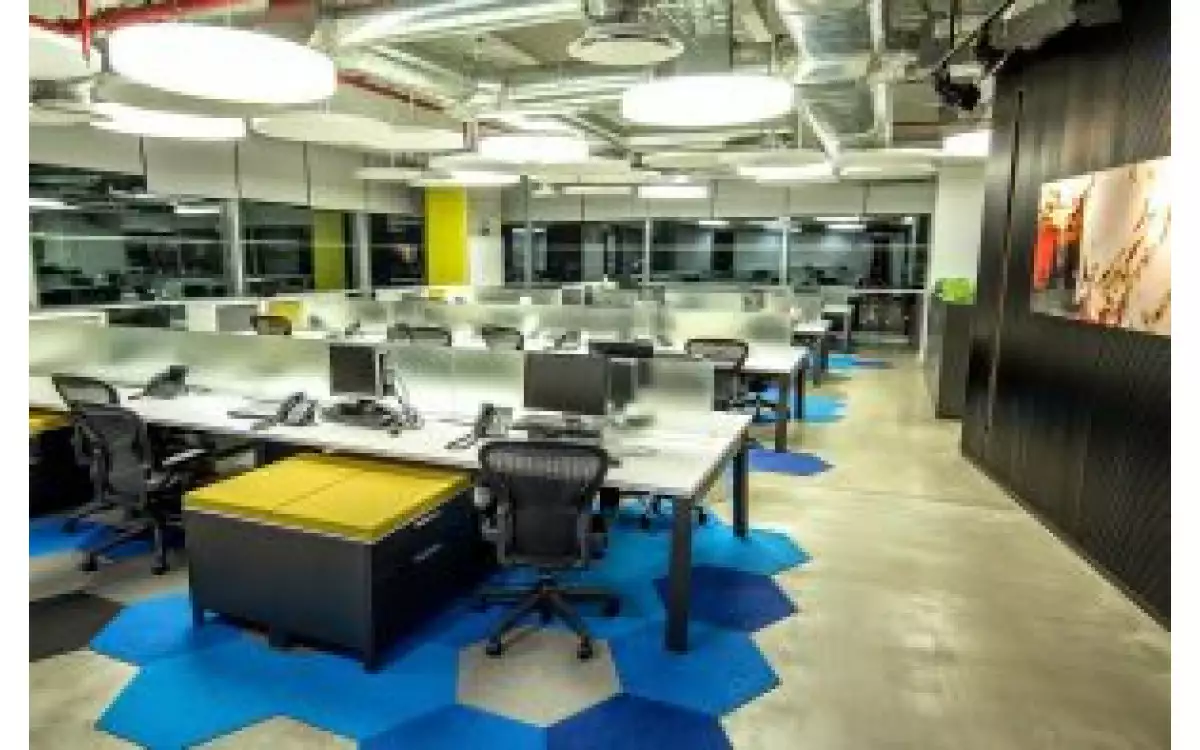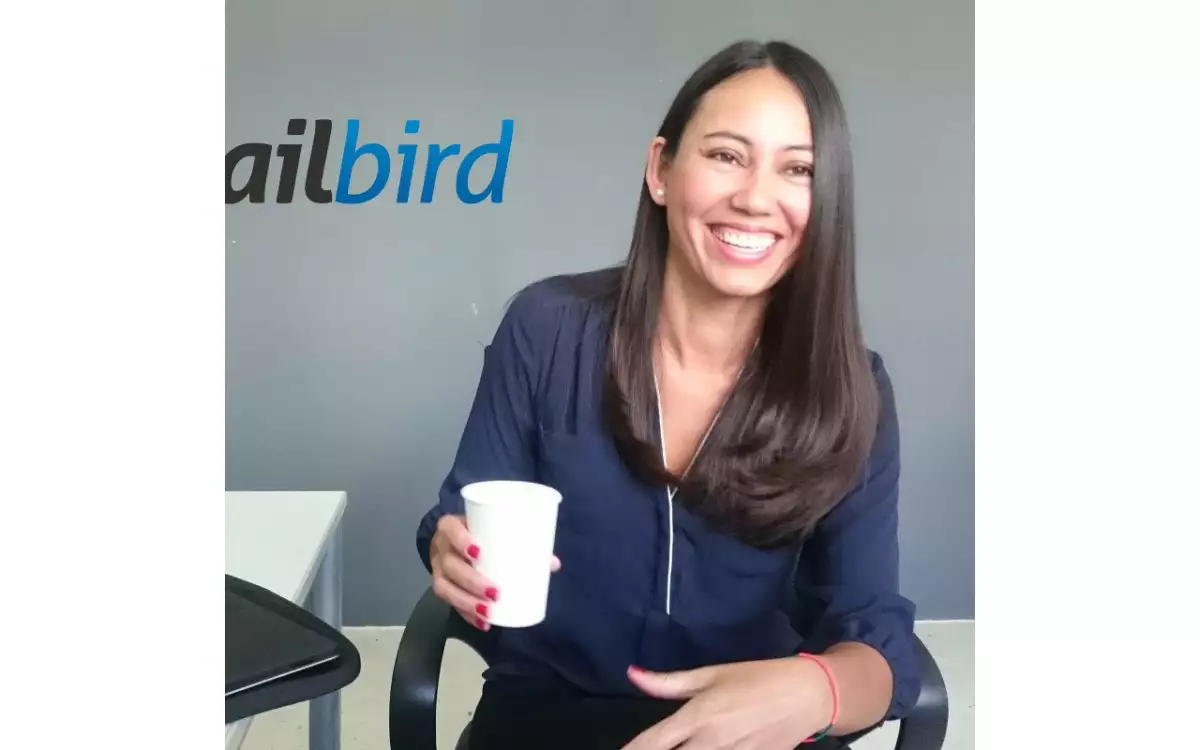
Andrew founded Net Lawman in 1991. His career before then was largely spent as a solicitor and he has over 25 years experience of working in private practice. He has handled many areas of law, but his expertise has always been in commercial property, and more generally, in commercial and company law.
BHC: How would you describe what you do?
Andrew: I am the director and founder of Net Lawman, an online based legal document template platform established in 1991. We work with businesses and individuals to provide legal and financial advice to ensure that they are making the most of what is available to them. Net Lawman provides legal document templates and law related services to individuals and businesses who are looking for an alternative to using a traditional firm of lawyers. We have one of the largest libraries of legal documents available on the Internet. In the UK alone, we have over 350 business contracts and agreements for companies, partnerships and sole traders at all stages of the business life-cycle. Another 100 cover personal and family law. Whether you want to develop a website, sell your services or protect an idea, you can do so with a Net Lawman document.
BHC: What is most challenging about what you do?
Andrew: Connecting remotely to clients. Our aim is to make the law more accessible. By this we mean that your location, financial circumstances and knowledge of the law shouldn’t be barriers to your being able to live your life or to operate your business with a high level of legal protection. We want people living in rural communities to be able to access specialist law as easily as people living in capital cities; we want to remove cost from being a deciding factor in whether to choose a legal product or service; and we want to make the law understandable to more people than just lawyers.
BHC: What challenges or issues are emerging with the surge in remote work?
Andrew: Connecting remotely to staff! Our in-house legal team consists of both qualified lawyers and paralegals (educated in law to at least degree level). That differentiates us from many of our competitors. It means we can not only undertake a rolling programme of document checking, but we can also respond fast to specific new law. It also enables us to provide a document drafting service for our customers. For some areas of law, we use the services of third-party barristers and solicitors who can bring specialist knowledge to our document set. Many of our competitors specialise only in a particular area of law, for example: Internet law, or residential tenancy. Before we start to type, we decide on the end user for whom we are writing. Our choice of the target user of the document influences the depth of the law we cover and the style in which we write our guidance notes. A lease designed for use by property professionals such as a surveyor requires a far higher level of understanding of the law than does a simple will or tradesman’s contract. But we always write a document for the buyer’s interest. Almost all our documents protect primarily one party to the deal. Everyone who instructs a lawyer or buys a document template does so to cover his own position. It is not part of our duty to work for “the other side” at the same time. When we do include a provision to benefit the other side, it is there to provide comfort, not to oppose the interest of our buyer. In the notes, we usually point out what can be deleted safely.
BHC: With the explosion in work from home, do you foresee any changes to the future of office design?
Andrew: Absolutely. It's hybrid all the way if you are still looking to have an office space. I foresee that businesses might decide to combine their companies with others as well, having 2 days a week each with a day in the middle for casual use. There are more and more people interested in rotating desks, so we are all getting used to not 'leaving anything behind' on our desks anyway and this is simply a step further in that direction - allowing businesses to cut costs and share the rent of an office space with another business. This allows companies to connect a couple of days a week, allow for that collaboration to happen but then allow for people to work from home, which is preferable for many these days, for the remainder of the week. It benefits those who enjoy working from home. It also works for those who need the collaboration, the work-space environment, to achieve this as well.
BHC: Have there been any concepts or design insights gained from the coworking movement that can be applied to other office design projects?
Andrew: Coworking spaces offer so many different kinds of advantages for any kind of business model, whether it be a new business, a self-starter, a large business or whatever. These would include networking opportunities, providing daily structure for everyone involved, and increased productivity, just to name a few beneits. So I mentioned before that rotating desks are typical and would be important to stay the norm in such an environment. I enjoy the idea of networking throughout these environment, so COVID allowing, depending on how we move forward out of the pandemic, I would like to see the ability to move throughout the office, having an open design.
BHC: When you think about the phrase, The Workplace of the Future, what ideas immediately come to mind?
Andrew: Open plan, partially outdoor environment. A lot of collaboration, albeit in a digital platform. We all know the importance of reducing screen time for our eye health, emotional wellbeing and for the opportunity to increase our physical wellbeing as well. I have a fitbit that tells me to walk 250 steps each hour, and although I do this throughout the day, during those few hours when I work steadily, this is not happening. I hope that our work environments allow us to work better. We are encouraged to work with focus for as long as is healthy (I believe one must have 20 seconds break form the screen every 20 minutes and look at something 20 feet away?) These kinds of habits/rituals should be normalised in a new working environment of the future. Being outdoors would be great just to give us that feeling of wellbeing that we are all so eager to encompass in our lives. The great resignation is surely apart of this issue, so if we are to combat it, we need to offer ways to allow for emotional wellbeing to be supported in our working environments.
BHC: What are you and your business doing differently in response to the COVID-19 pandemic?
Andrew: Frankly we upped the marketing because being an already online-based company, we had our foot in the door as it was. I would also say that there is a demand for 'plain English' more and more. In most situations in modern society, responsibility for understanding communication lies with the message giver, not the receiver. If you want the listener to understand your message, you are obliged to make clear what you say. When you write, you must write a clear message. Although this has been our message from the start, it is more important than ever as we are faced with so many detrimental impacts to our business and emotional wellbeing of late. We will continue on our path to be more available to as many people as possible and to make our approach to legal documentation as understandable as possible as well. Not only should our own clients be able to understand what they are signing or presenting to their own clients, but we need to make sure that others are capable of knowing their rights as well.
BHC: How important do you think branding is to office design?
Andrew: It is absolutely critical. We have spent a long time trying to ensure that Net Lawman conveyed what we needed to with our brand image and our approach to marketing. We have looked at colour and design of our logo to ensure that it is professional, neat and tells the right story. In addition to this, we look at our social media and continually provide education and advice that is aligned to our ethos.




